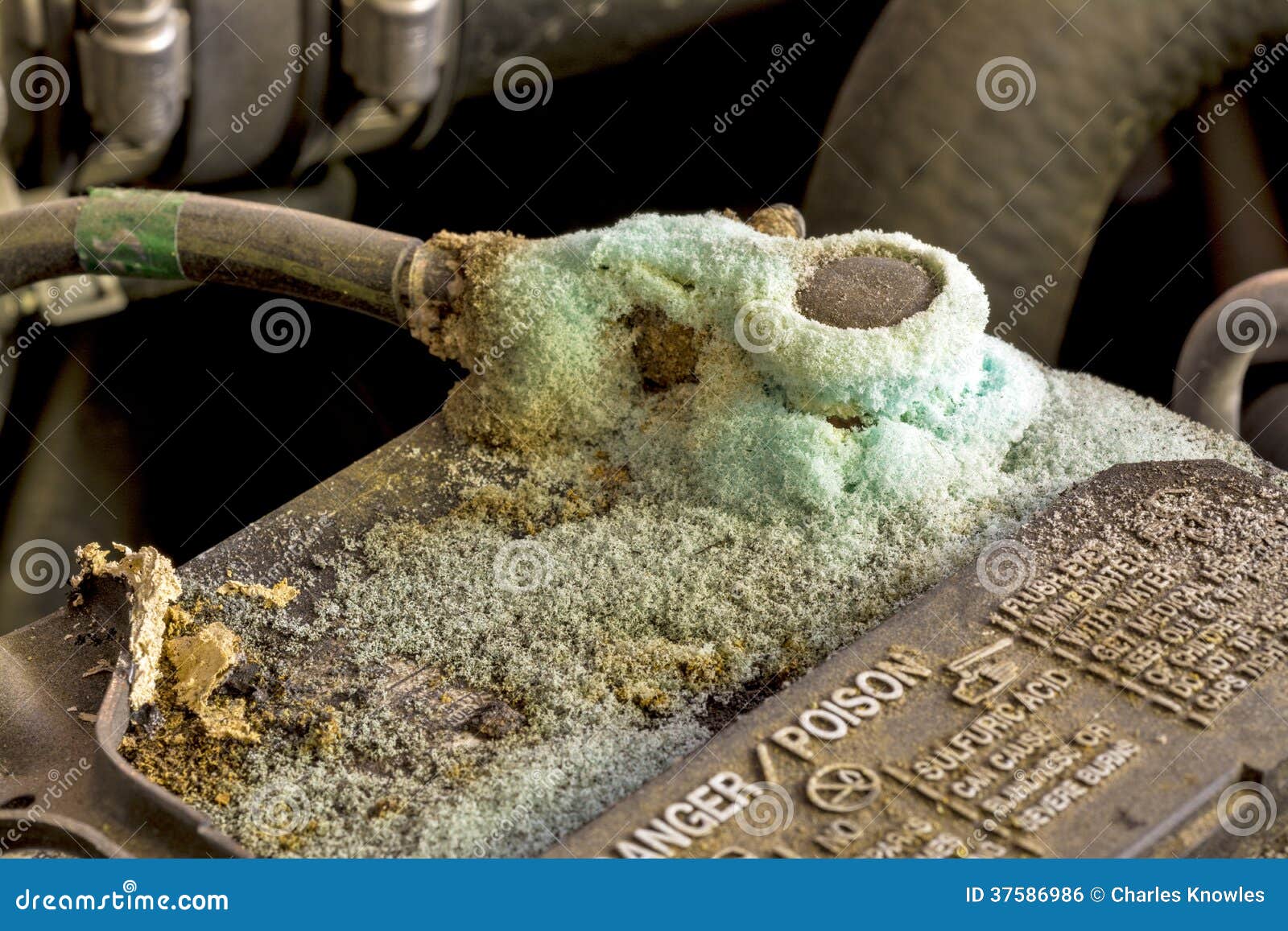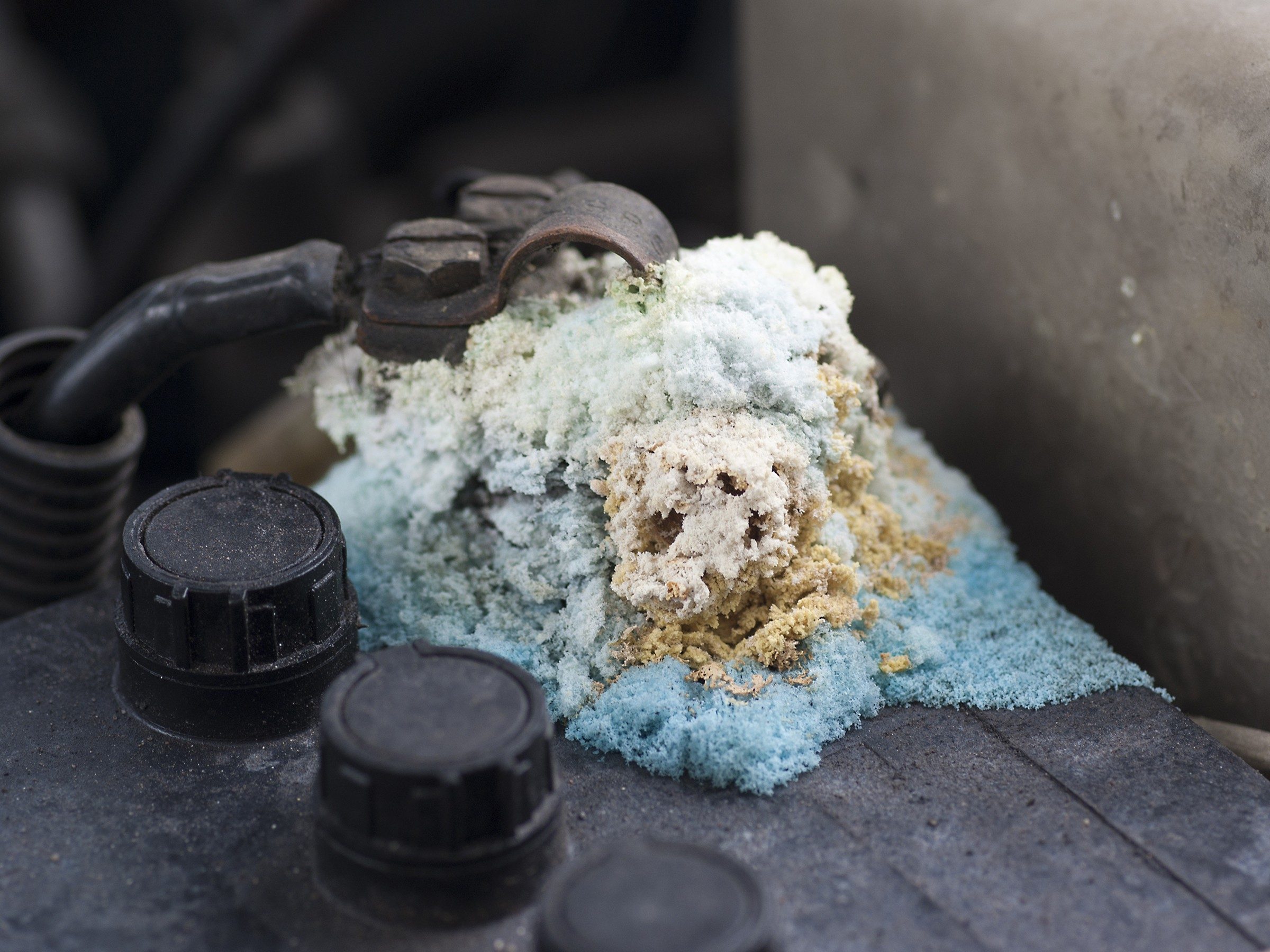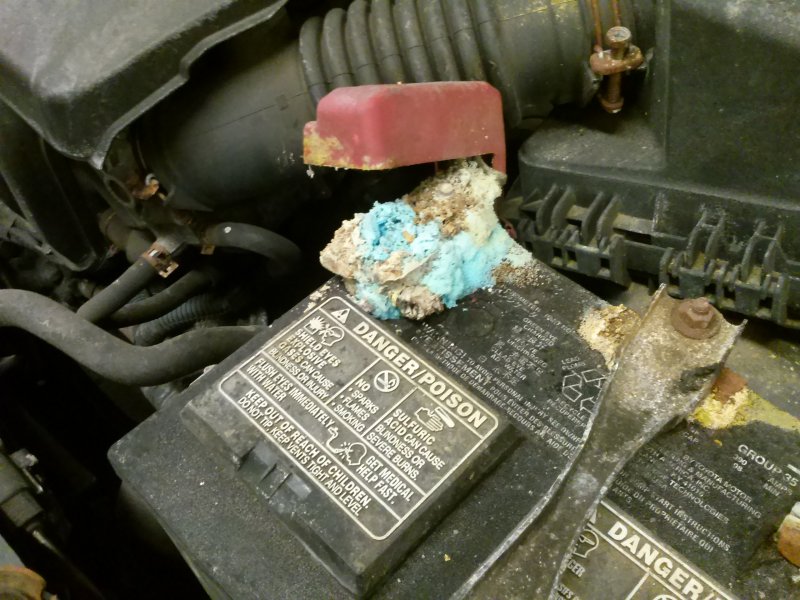Originally Posted By: Donald
Originally Posted By: George7941
Originally Posted By: JHZR2
Originally Posted By: George7941
I used to service a 1998 GM G3500 diesel van with a second frame mounted battery under the van and it always had a lot of corrosion on the positive terminal and I had to clean it every few months. The three other battery terminals on the van were fine. This corrosion persisted over the life of the van, through multiple battery replacements, from multiple battery sources - Delco, Costco etc. The experience seemed to rule out the usual causes - overcharging and cracked case around positive post
If the parallel batteries weren't perfectly matched and replaced in pairs, all sorts of funny stuff could happen.
I fail to see what funny things could happen if the batteries are not matched. The alternator was not PCM controlled and I think the only factor affecting the voltage output of the alternator was ambient temperature. I kept testing the batteries with a conductance tester and replaced a battery when it read below 500CCA. So what if one battery was at 120 mins reserve capacity and the other one was at 80 mins reserve capacity? I don't see an issue here.
The batteries are in parallel. So a weak battery in parallel with a strong battery will cause problems.
Yeah, anytime you have multiple batteries connected together the best idea is always a matched set.
So you have a conductance tester, but can't see why that would affect a parallel set.
Okay, so lets say you have a new battery, measures 800CCA (so good conductance) and a old one, down to 540CCA (marginal conductance)
So when you turn the key on that V8 diesel, which one is going to be doing most of the work?
The one with good conductance, that can push the amps to turn it over. If they were both marginal, or both good, they would share. But since its easier for the new one to dump amps out, it has to do most of the work.
So now you have one battery more discharged than the other. If it doesnt get driven long enough to fully recharge both batteries, which could be hours depending on what the voltage regulator is set at; The slightly more discharged one will drain the other one until their voltage potential is equal after shutdown.
Then on the next start the same thing will happen. The fresh battery will take the hit for its lazy brother who then recharges quicker because it never put anything out in the first place.
The way they are cabled together could have an effect as well. Since they are parallel youll have the cables connecting them together, but the vehicle should connect its positive to one battery and the negative to the other battery. This way they share loading as the effective cabling length for each battery is about the same.
If the vehicle has its positive and negative both connected to one battery, with the other tagged onto that one, the battery 'closest' to the vehicle connection will be the abused battery as the other has to push its amps through the extra cabling. So then same situation as above with a 'good' battery and a 'marginal' battery. Except instead of internal conductance its the external conductance through the cabling.






